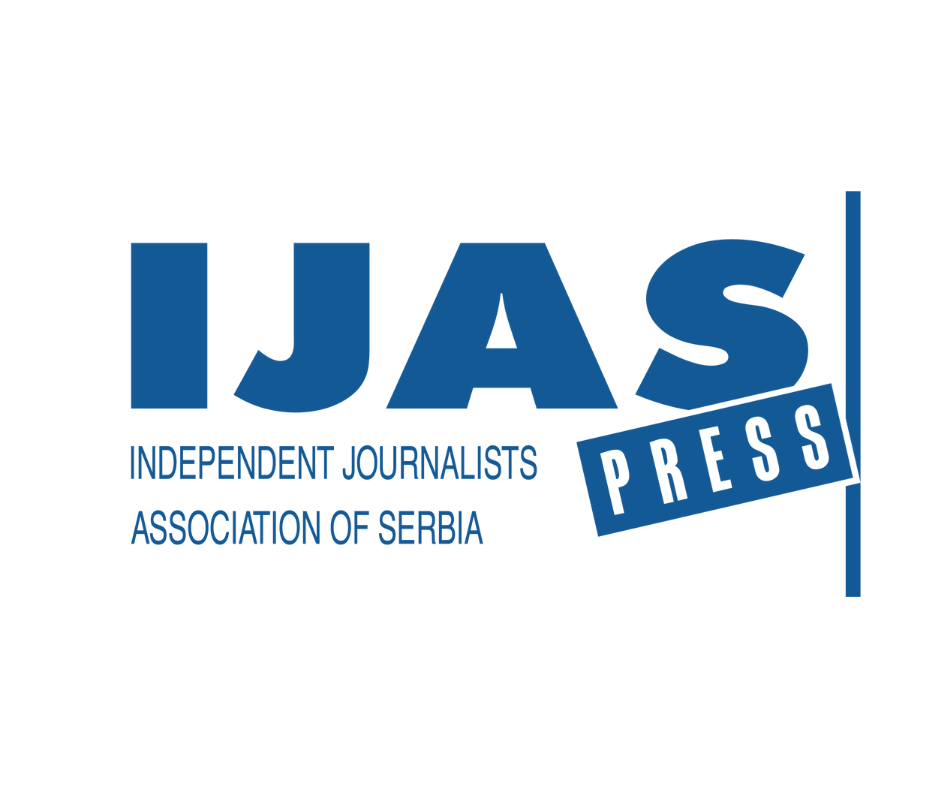
The Minister of Information and Telecommunications, Dejan Ristic, “strongly condemned the frightening and morbid views of Srdjan Skoro, expressed in the show broadcast on the KTV program”. The Ministry of Information and Telecommunications welcomed the reaction of the Higher Public Prosecutor’s Office in this regard, and announced the sanctioning of the media that “spread hate speech in relation to the President of the Republic and members of his families for a long period of time with clear intention and full awareness, continuously and systematically”.
As stated in the announcement, broadcasting of Srdjan Skoro’s statement in the KTV program grossly violated the public interest in the field of public information, and the Ministry refers to Article 86 of the Law on Public Information and Media, which prohibits hate speech, as well as Article 90 which protects the dignity of the person.
In this regard, it was announced that “any future violation of the aforementioned law will be the reason for the initiation of appropriate legal and judicial proceedings.”
The Constitution of the Republic of Serbia guarantees freedom of expression to all citizens of Serbia, and the Ministry of Information has no authority to limit freedom of expression before any information is published.
According to the Law on Public Information and Media, only the court can prohibit the distribution of information and that, at the proposal of the competent public prosecutor, only if it is necessary in a democratic society. The reasons for the ban are calling for an immediate violent overthrow of the constitutional order or an act of immediate violence against a person or a group of persons based on personal characteristics, when the publication of the information threatens serious and irreparable consequences that cannot be prevented in any other way.
The position of the European Court of Human Rights is that the sentence handed down to the journalist, before their text was published, represented a form of censorship that will probably discourage them from further research.
We remind Minister Ristic that censorship is also prohibited by the Law on Public Information and Media (Article 4), as well as that the freedom of public information must not be violated by abuse of official position and public authority.
In the statement, the Ministry does not quote but interprets the statement of Srdjan Skoro and concludes that it is “hate speech”, “violation of personal dignity” and “call for lynching”.
Since the competent prosecutor’s office, as reported by the media, has already formed a case regarding Skoro’s statement, we expect that they will determine which of the above is an “invitation to work in a mine”, bearing in mind that many citizens of Serbia actually work in a mine.
On this occasion, we would like to welcome the agility with which the competent prosecutor’s office reacted to Srdjan Skoro’s performance and call on the institutions to react in the same way when it comes to attacks and threats against journalists.
Independent Journalists’ Association of Serbia
July 9, 2024